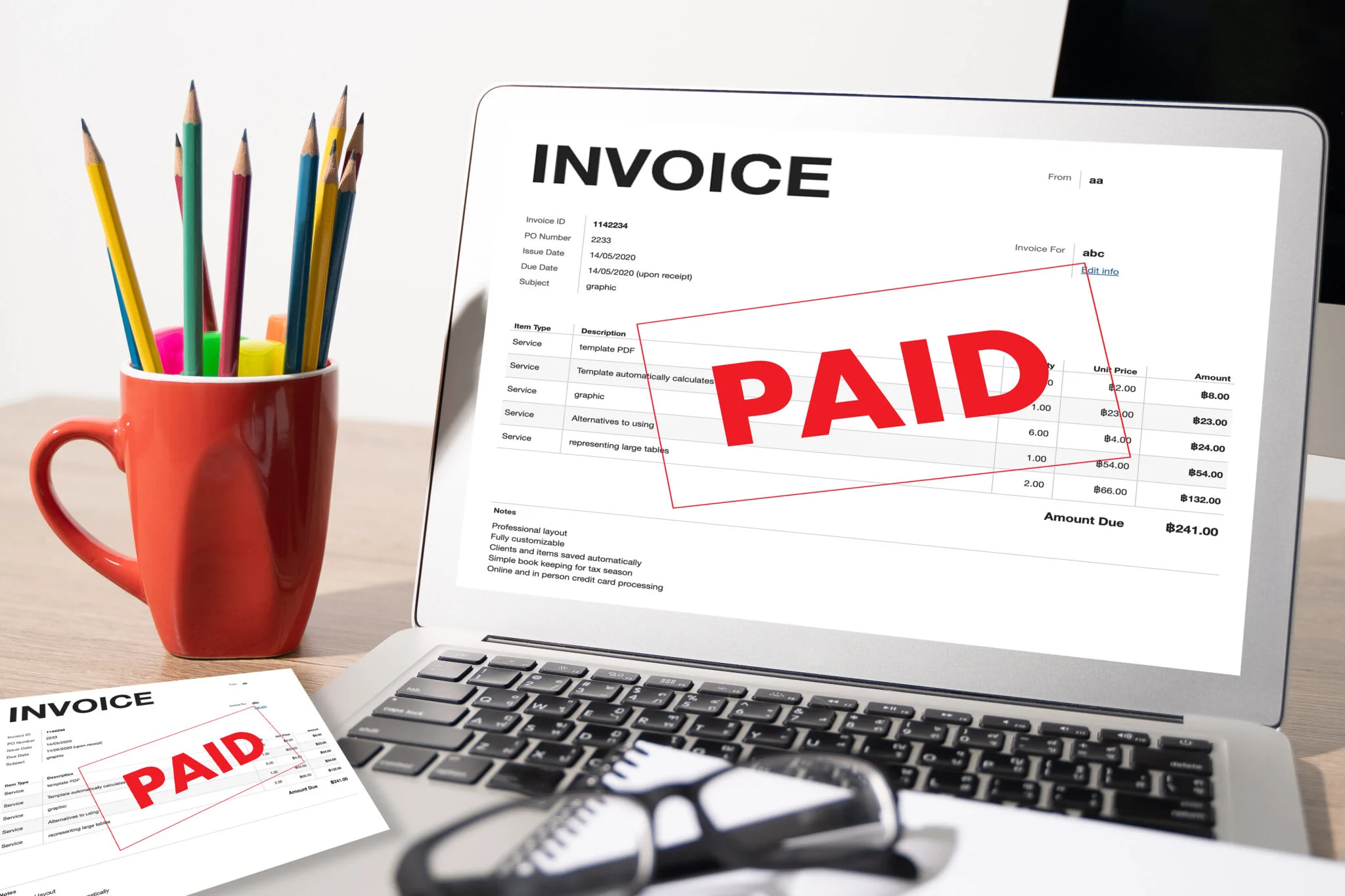Cash flow is vital for small businesses, and running out of capital is one of the leading causes of startup failure. In fact, late payments from clients are a major culprit in interrupting cash flow and can put your business’s stability and growth at risk. Chasing unpaid invoices can also drain your time and energy, leaving you with less focus to work on projects that will actually help your business thrive.
Let’s dive into why late payments happen, how they affect small businesses, and what you can do to tackle the issue head-on.
The Impact of Late Payments on Small Businesses
According to a survey by Intuit QuickBooks, 73% of small businesses are negatively affected by late payments. And 40% of those businesses say they could be forced to close within the year if the problem continues. Late payments can stall the inflow of cash, which is a serious problem for businesses that don’t have cash reserves to fall back on. If you’re depending on those payments to cover your expenses or pay employees, delayed payments can cause serious disruptions.
Late invoices can also slow down your growth. You may have planned to use those expected payments to invest in new products, improve marketing, or hire staff. When your cash is tied up in unpaid invoices, you might have to put those plans on hold.
Why Do Late Payments Happen?
If you’re dealing with late payments, it’s important to figure out what’s causing them. Start by talking to your customers and understanding their side of things. If your clients are other businesses, late payments might be happening because:
- They’re experiencing cash flow issues.
- They simply forgot to make the payment.
- They don’t have a smooth accounts payable system.
- Your business doesn’t accept their preferred payment method.
Once you know what’s causing the delays, you can take action to address it. In some cases, the problem could be with your own accounts receivable system, so it’s worth taking a closer look at how you handle incoming payments.
5 Ways to Prevent Late Payments
Late payments don’t have to be a regular headache for your business. Having a solid emergency fund (think three to six months’ worth of operating expenses) can help you stay afloat while waiting for payments to come in. But beyond that, here are five effective ways to reduce the chances of late payments:
1. Set Clear Payment Terms
Make sure to establish your payment terms upfront, ideally in a contract, or at least in an email exchange. Be clear about when payments are due, and always include these terms on your invoices. This helps set expectations from the start.
2. Be Proactive with Communication
Once you’ve delivered your product or service, send an invoice right away. If the payment due date comes and goes, follow up with a friendly reminder. You can even set up automatic reminder emails for overdue invoices. Offering a grace period (e.g., 10 business days) can also help smooth things over. And if the payment still hasn’t come through, reach out directly to your client to find out what’s going on.
3. Share Your Preferred Payment Methods
Make it easy for your customers to pay by listing all the payment methods you accept on your invoices. This could include credit or debit cards, ACH transfers, checks, or even payment platforms like Venmo, PayPal, or Zelle. Be sure to include clear instructions for each method to avoid any confusion and speed up the payment process.
4. Track Outstanding Invoices
Having a strong internal system for tracking invoices can help ensure nothing slips through the cracks. If you’re managing your books yourself, consider investing in accounting software to keep track of what’s owed. You can also hire a bookkeeper or outsource this task. The key is to stay on top of unpaid invoices and take action when needed. Make sure to keep a record of:
- How many invoices are outstanding at any time
- Which invoices are past due (30, 60, 90 days)
- Any communication you’ve had with clients regarding overdue payments
- What the next steps are if payments aren’t received
5. Decide How to Handle Late Payments
If invoices remain unpaid for too long, you’ll need a plan for how to respond. Some options include:
- Offering payment plans (with interest)
- Charging a late fee
- Letting the customer know you’ll need to end the business relationship if the payment isn’t made
- Enlisting a debt collector
- Taking legal action if necessary
Late payments can derail your business’s operations and growth, but understanding why they happen and having a clear plan to address them can help you avoid these disruptions. Stay proactive and make sure you’re ready to handle late payments efficiently.






